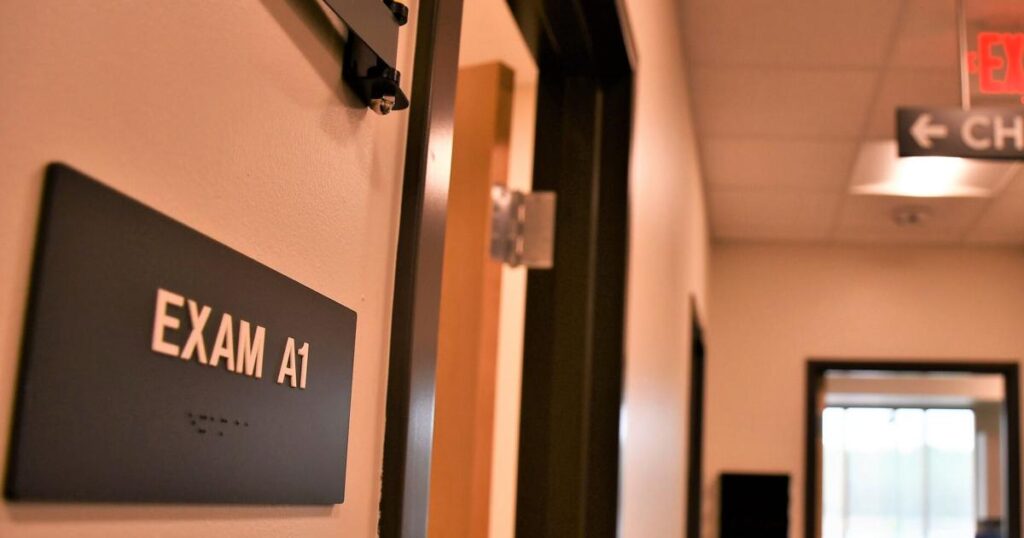Throughout the COVID-19 pandemic, there were horror stories about how healthcare workers were brought to the physical and emotional brink. During the height of the virus, staff was overworked, underappreciated and frustrated by patients dismissing the virus.
Hospital systems everywhere had real concerns about the impact on the future of the nursing profession. But as things played out, it seemed that the healthcare heroes of the time inspired others.
The number of those who choose the field never ebbed following COVID; according to one local school, it has only become more popular.
“COVID hits, and healthcare goes through the roof,” said Ron Neil, the director of campus and academic affairs at the East Coast Polytechnic Institute (ESPI). “I couldn’t hire people fast enough to teach my nurses. We couldn’t get the nurses out fast enough, and it hasn’t slowed down.”
ECPI has been at its North Charleston location since 2004. It offers various degrees in the technical field, but healthcare is the top choice. It offers two- and four-year degrees in the field. Like other schools, some have to wait to apply to get into a program because there are only so many spaces.
“It’s a little different for us. Some other facilities may take in every semester, something to that effect,” Neil said. “Probably every 15 weeks, I’d say, give our take, we’ve got a new nursing cohort coming in. They have to test to get so it’s not an automatic thing. Healthcare is still big for us because we want to get nurses out as quickly as possible.”
Industry trends show the faster, the better. According to the U.S. Department of Labor Statistics, employment of registered nurses is projected to grow 6% from now to 2033, faster than the average for all occupations.
The agency reports that, on average, about 194,500 registration nurse openings are projected each year over the next decade. Currently, the U.S. median income for registered nurses is $86,000 annually.

